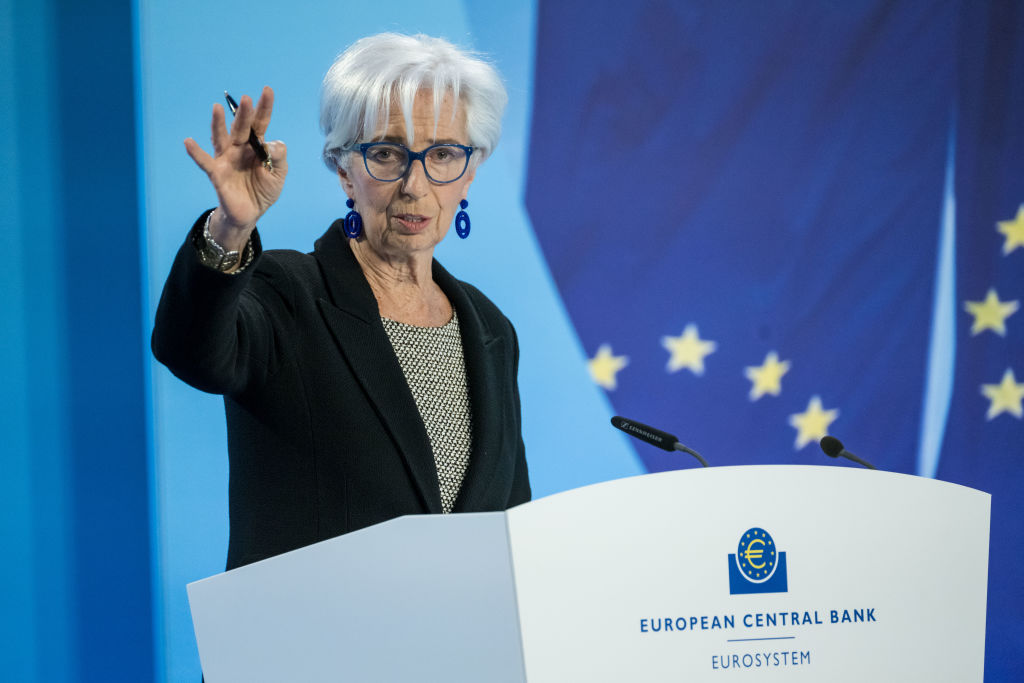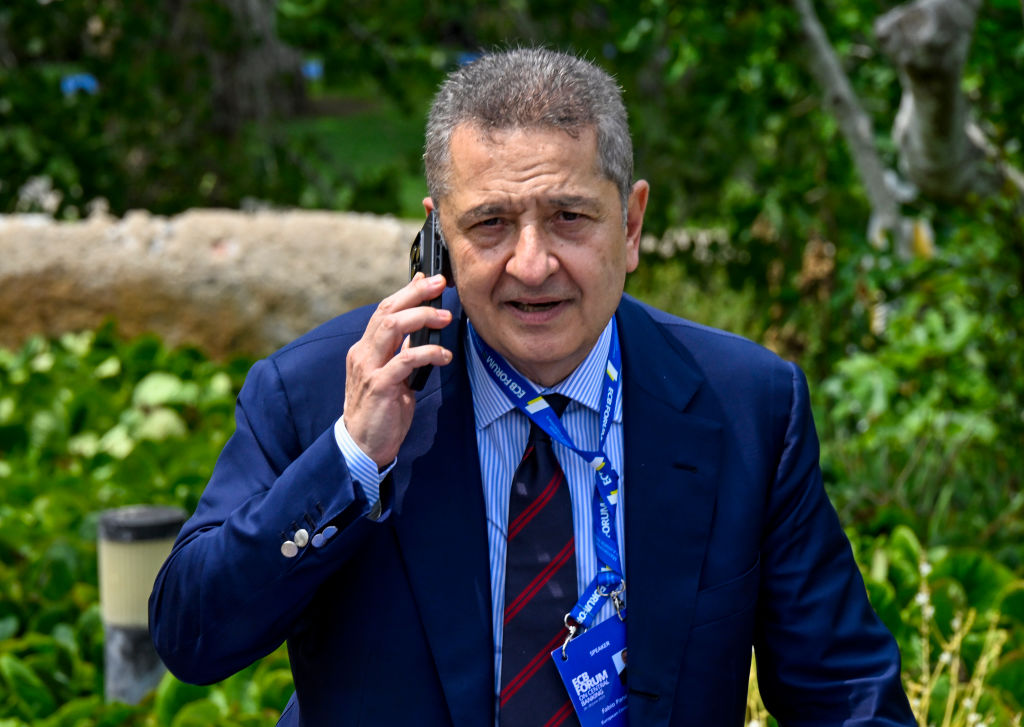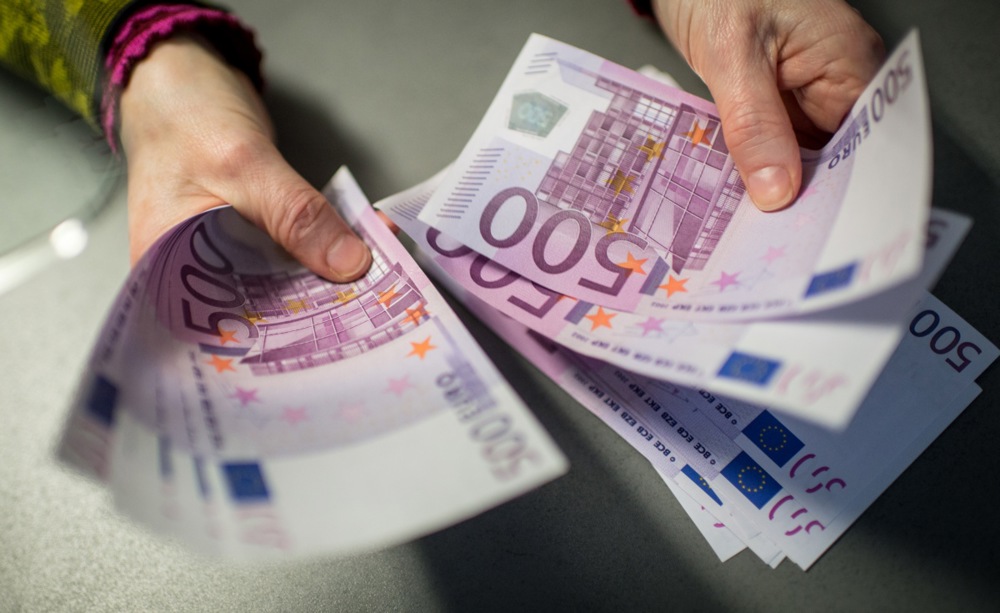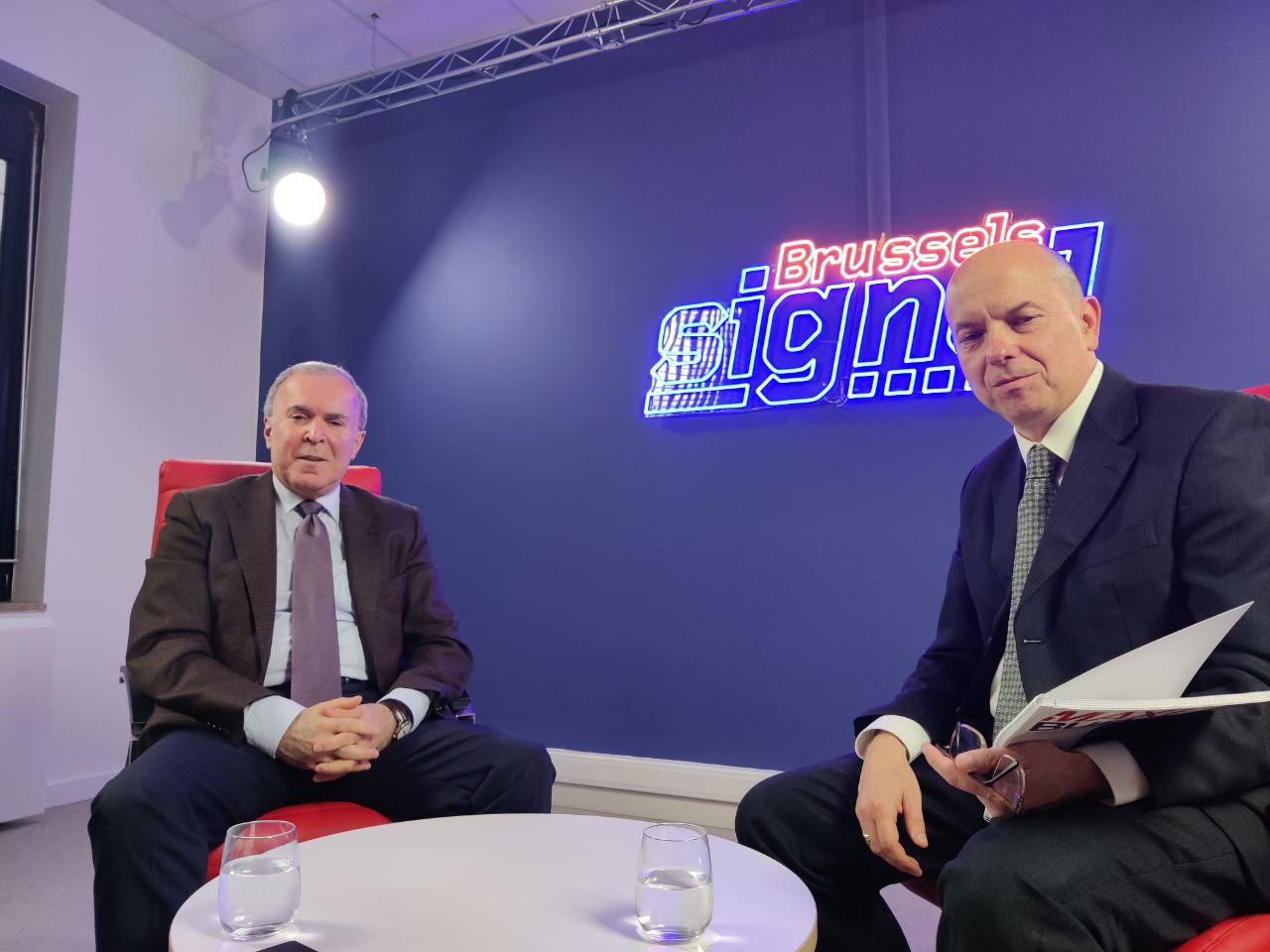Portugal’s decision to adopt the euro was the “wrong step”, a left-wing MEP has said.
Speaking during an interview with Brussels Signal, José Gusmão of The Left Bloc said that joining the single currency came with a number of “very negative” drawbacks that cost his country in the long term.
In particular, he criticised the integration as a “too hasty” way of opening up Portugal to the wider European market, something he viewed the country as not being ready for.
VIDEO: Although not in favour of leaving the single currency, Euro MP @joseggusmao, Left Group member for Portugal, admits the country's economy "was not ready" to join the euro when it did and led to Portugal's debt-to-GDP ratio skyrocketing to 130 per cent.
@blocodeesquerda pic.twitter.com/nVf4FXDMDE
— Brussels Signal (@brusselssignal) September 29, 2023
“In this context, joining the single currency was a wrong step, because the Portuguese economy was not ready for that decision,” he told Brussels Signal head of news Justin Stares.
“This has to do with the fact that our economy just wasn’t ready to lose all of the instruments that are associated with a currency, which is basically monetary policy and exchange rate policy.”
He clarified that his criticisms of how Portugal joined the single currency did not mean he wanted the country to abandon it now.
“This, of course, is a different debate on leaving the euro,” he said, advocating instead for reforms on how the European Central Bank (ECB) manages monetary policy.
Gusmão has been heavily critical of the ECB in the past, with the politician recently lashing out at the bank’s President Christine Lagarde’s decision to keep raising interest rates in an attempt to fight inflation.
“The big contribution to the slowdown in inflation comes from energy prices, it has nothing to do with interest rates,” he wrote online.
He went on to accuse the ECB of being influenced by interest groups.
“People are not in charge of the ECB. It’s the lobbies,” he said.
The full interview is available on the Brussels Signal website.
Euro-area core inflation eased to its slowest pace in a year, supporting expectations that the European Central Bank will keep interest rates on hold. https://t.co/NJEo3wtj1D
— Brussels Signal (@brusselssignal) September 29, 2023





